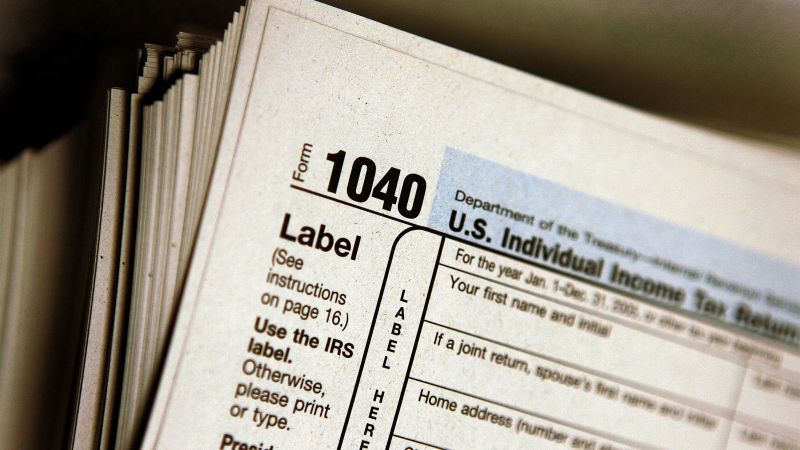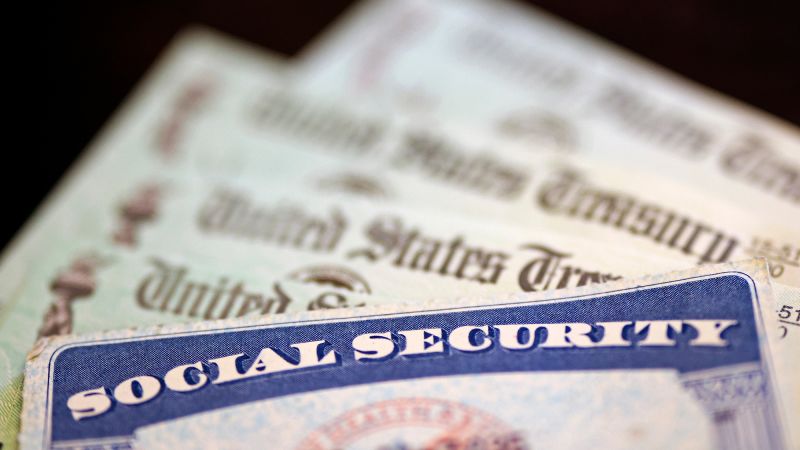By: Jeanne Sahadi, Jen Christensen, Tierney Sneed, Tami Luhby, Katie Lobosco, Ella Nilsen, Brian Fung
A major Supreme Court ruling Friday that shifted power from the executive branch to the judiciary stands to transform how the federal government works.















